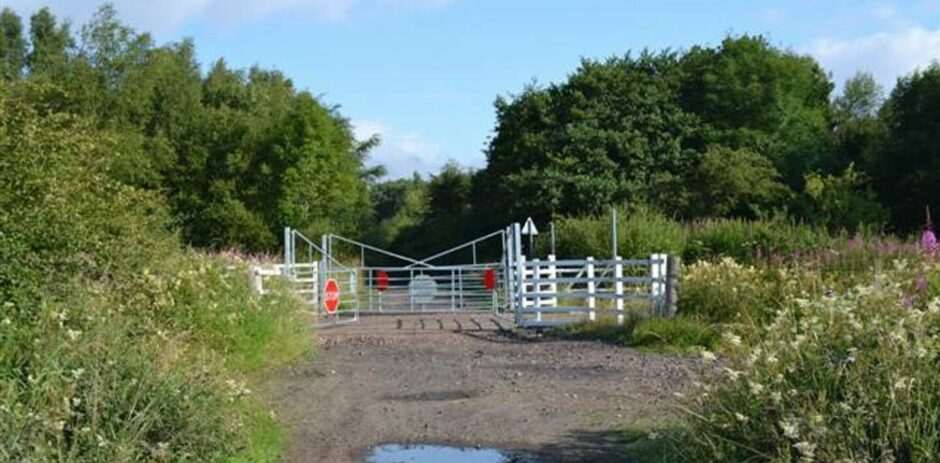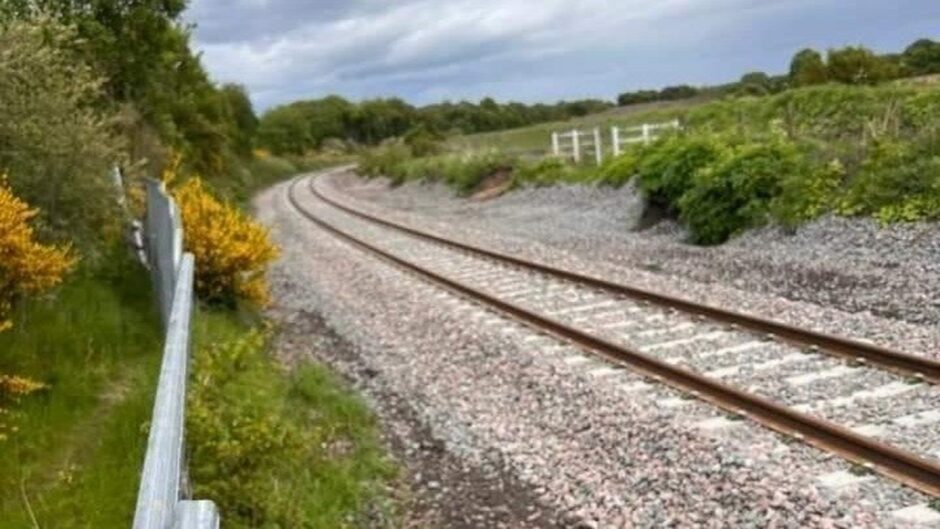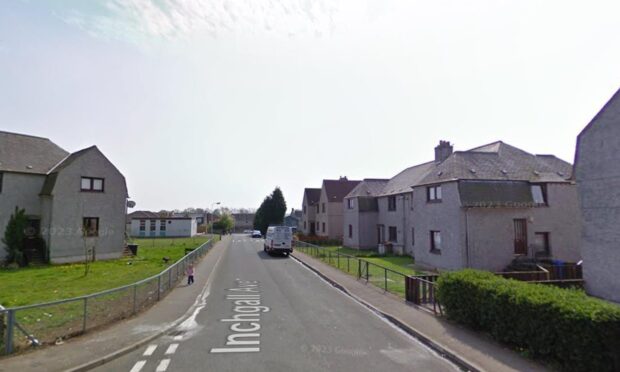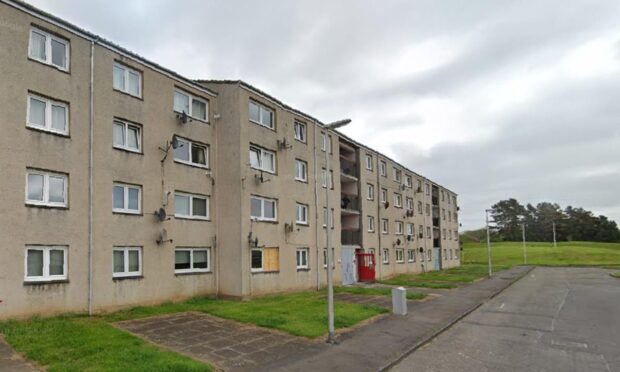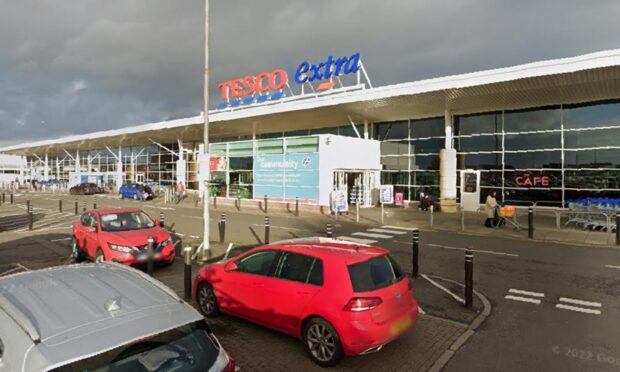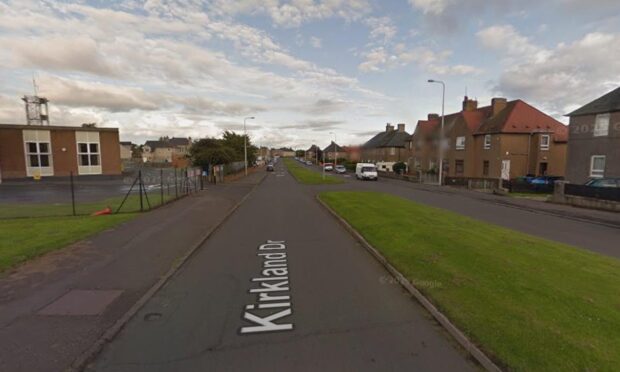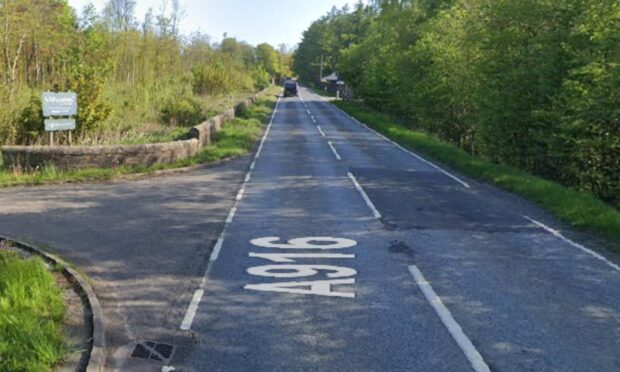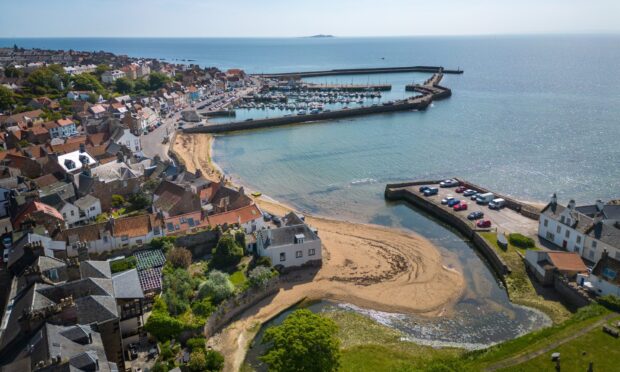A Fife MP has called on the UK Government to allow levelling-up money to be used to save a popular level crossing.
Fife was awarded more than £14 million for connectivity projects related to the reopening of the Levenmouth rail link.
And SNP MP Peter Grant believes some of it should be used to retain Doubledykes crossing.
However, strict criteria attached to the fund means Fife Council may be unable to use any of the money for a footbridge over the railway.
Mr Grant, MP for Glenrothes and Central Fife, challenged Secretary of State for Levelling-Up Michael Gove on the issue in Parliament.
He said: “The strength of community feeling that Doubledykes should be saved cannot be understated.”
UK Government to investigate issue
More than 1,400 people have signed a petition to keep the level crossing open.
It is part of an ancient network of paths between Thornton and East Wemyss.
And it has been well-used by cyclists and walkers for centuries.
However, Network Rail has closed it for safety reasons before trains begin using the new line.
It said it had not been a right of way for 40 years – a claim Mr Grant branded “mince”.
The MP said the Doubledykes issue had emerged since the levelling-up bid was made.
And he added: “If it becomes clear that the project has support from the community, will the secretary of state allow Fife Council to reallocate the funding?”
Mr Gove agreed to investigate the issue, saying it was important access was maintained
Doubledykes crossing closure is for ‘safety reasons’
Mr Grant said: “I’m not happy that we need to ask the UK Government’s permission to spend what is in effect Fife’s money in the way the people of Fife want.
“But if it solves the problem of Doubledykes it’s worth doing.
“Meanwhile, I will continue to do all I can to support the campaign to reinstall this much-loved and much-missed route.”
Campaigners have accused Network Rail of a shameful lack of consultation with the public on the issue.
The crossing serviced the original Leven to Thornton railway line, which closed in the 1960s.
Network Rail said its closure was for “very well-established and widely accepted safety reasons”.

